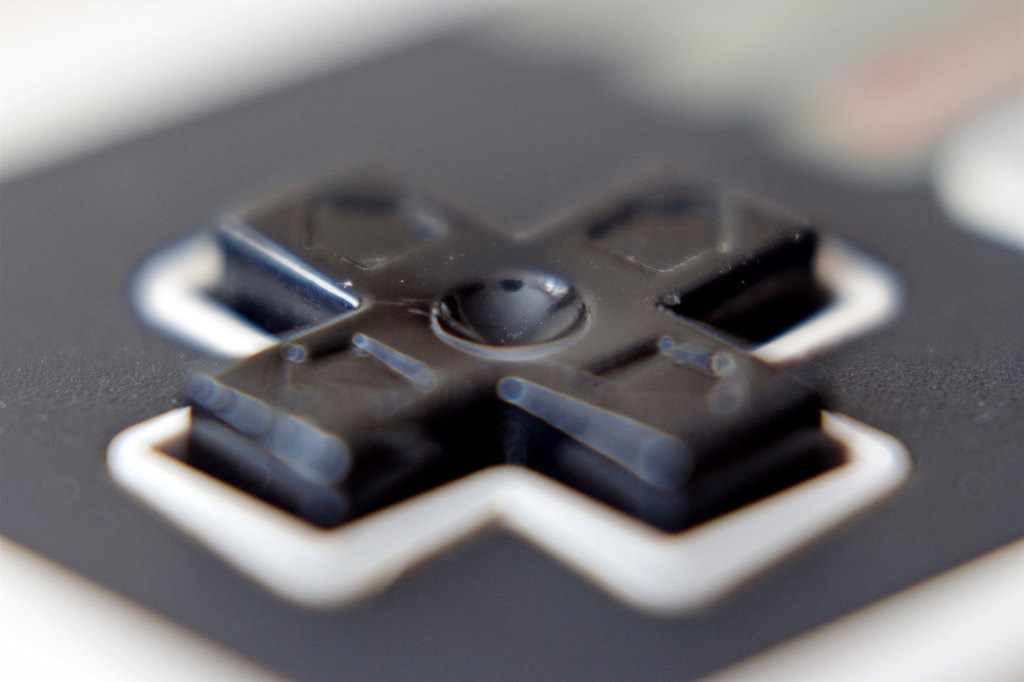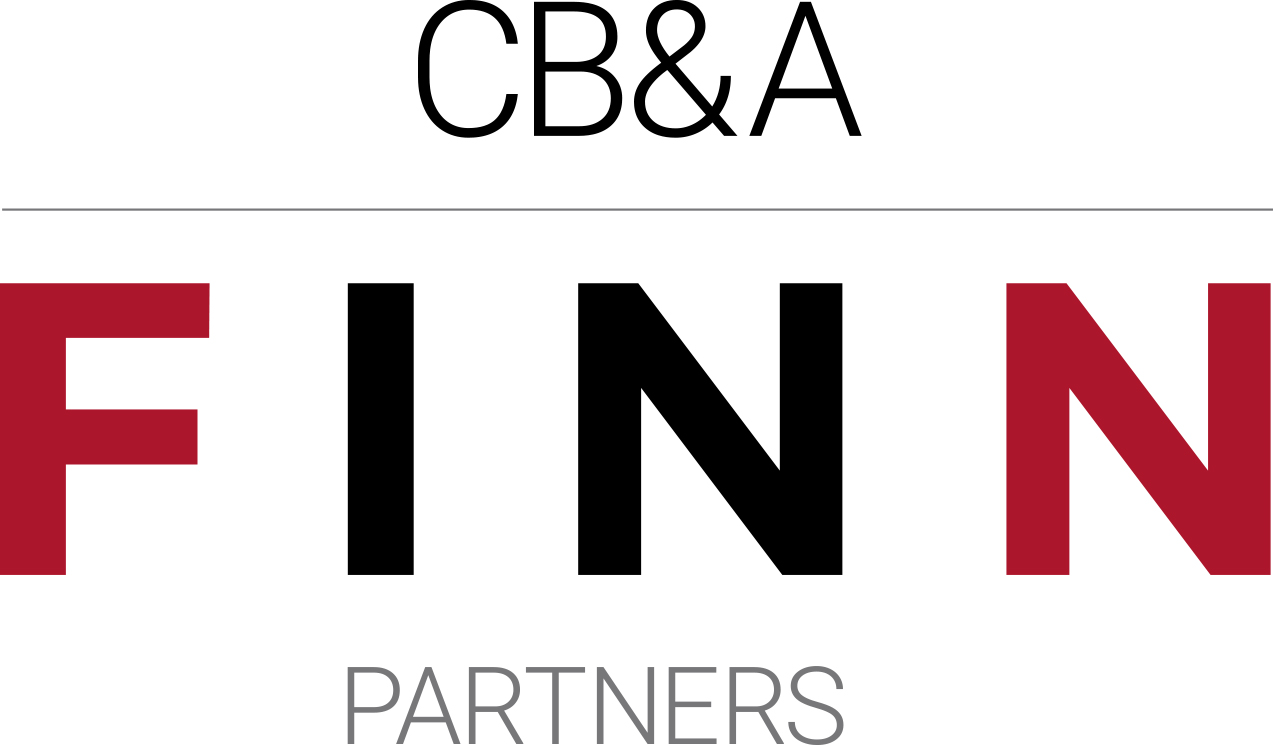

Game-based learning (sometimes affectionately referred to as “GBL”) is what happens when gaming principles are applied to learning scenarios. GBL isn’t just a trend in education; it has been implemented in workforce training and been used to drive our personal social media use for years.
While learning games have slowly made their way into our lives, even the most modest projections show GBL’s market growth is about to explode in a big way. Valued at $1.7 billion in 2015, GBL’s market growth is expected to more than double to $5.5 billion by 2018.
What does this mean for schools and for vendors who sell games and GBL solutions? At this year’s Serious Play Conference, I gave a detailed presentation that combined years of data, statistics and CB&A’s education industry knowledge with some new survey results that highlight these three key takeaways.
1. Classroom integration continues to accelerate.

According to a 2016 Learning Games survey conducted by CB&A and The Winter Group, educators unanimously agreed that there’s plenty of room for instructionally-sound learning games in their current curriculum, and over half of our respondents suggested that plans to integrate game-based learning into classroom instruction are already underway.
2. To sell in this space, multiple online channels are essential.

First and foremost, get your website in tip-top shape. Surveyed educators unanimously responded that they “frequently” research education games on vendor websites when they’re considering making purchasing recommendations.
A majority of respondents indicated that they get a lot of their information on vendors from social media, emphasizing the power of social promotion and the effectiveness of the learning communities teachers rely on through social networks like Facebook, Twitter and Pinterest.
Banner ads still work – over half of our respondents said that if you’ve been using banner ads to promote GBL solutions, they’ve seen them. Email is a bit trickier, but just over half of educators indicated that they at least “sometimes” respond.
3. Traditional media buys require a nuanced understanding of the market.

Newsletters and feature story coverage in education trade media is more effective on the principal or administrator than it is on the teacher. The outlets cited by teachers (Education Week, The Science Teacher, eSchool News, Educator Today, Tech & Learning) are tightly focused.
Final thoughts: over half of our educator respondents indicated that they play games for personal recreation, so the fear of teacher unfamiliarity with gaming principles is fading quickly. If you’re interested in receiving the deck from the Serious Play conference or have questions about selling strategies to take advantage of GBL, email me @ charlene@cblohm.com.
